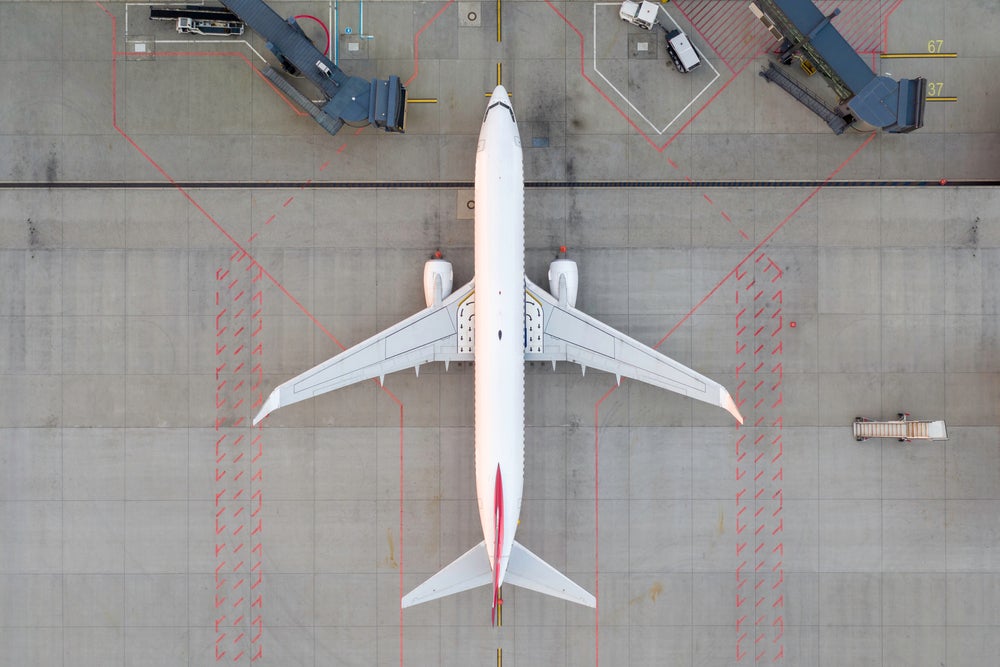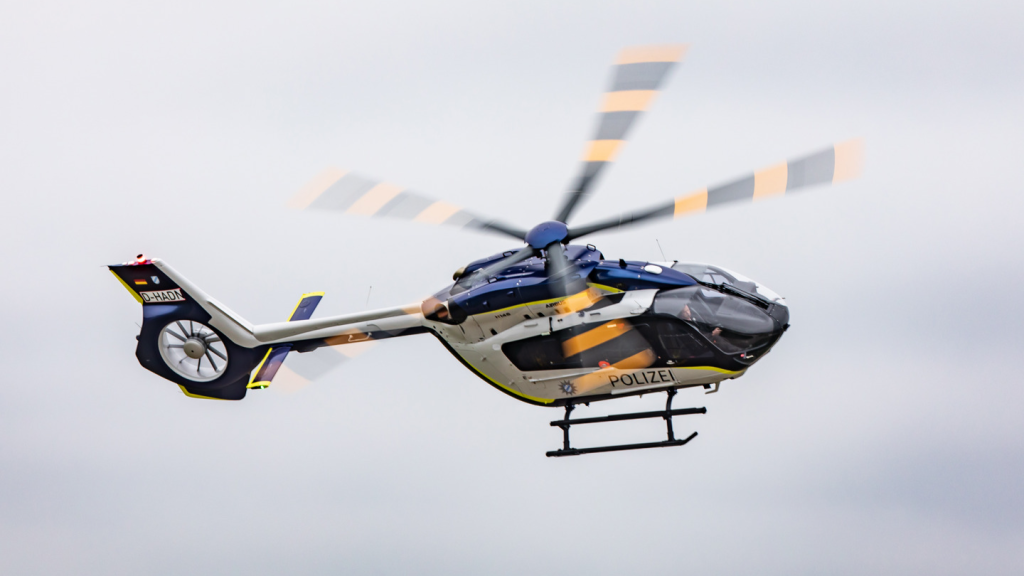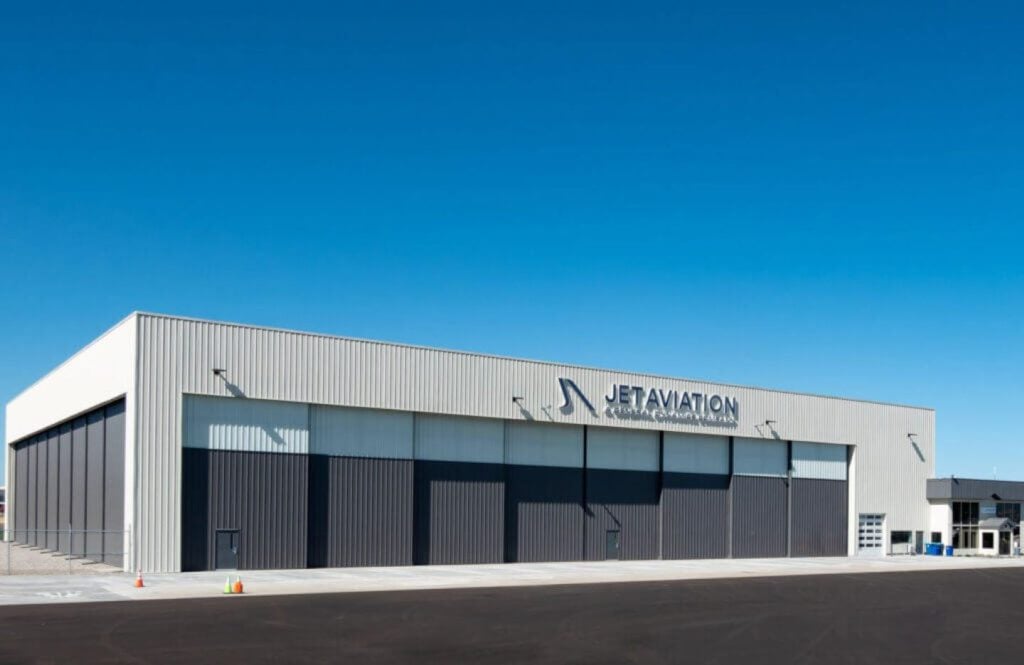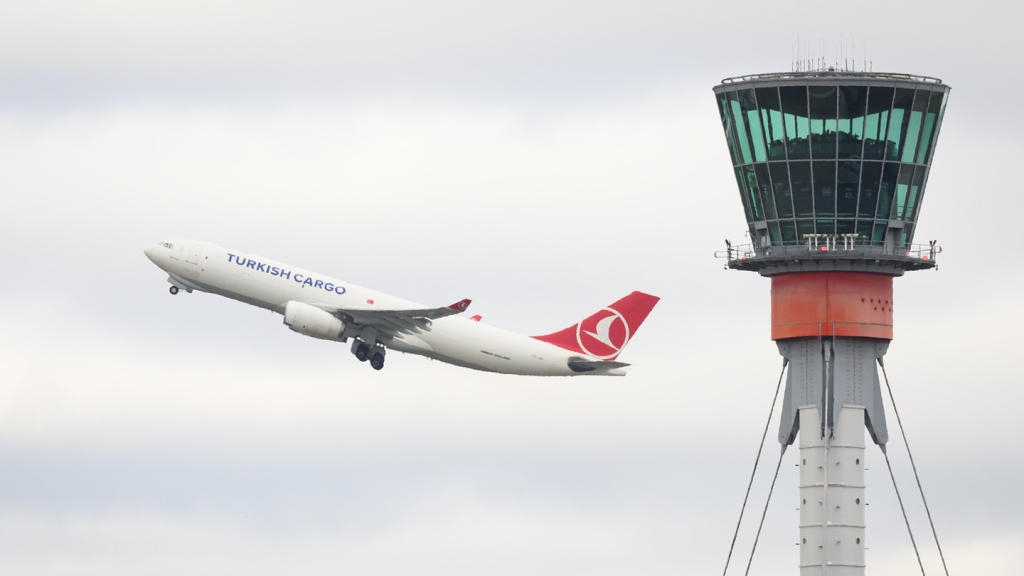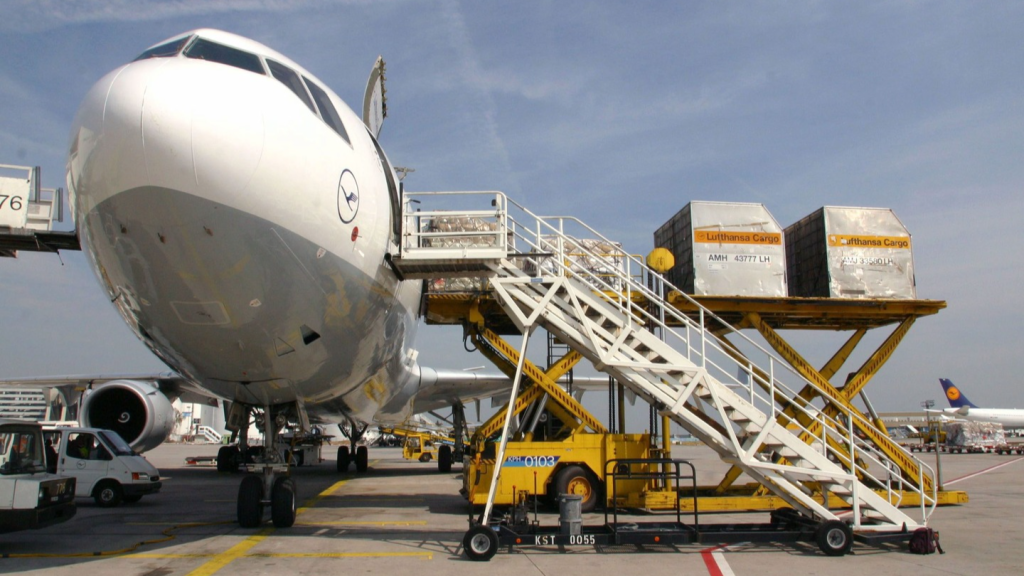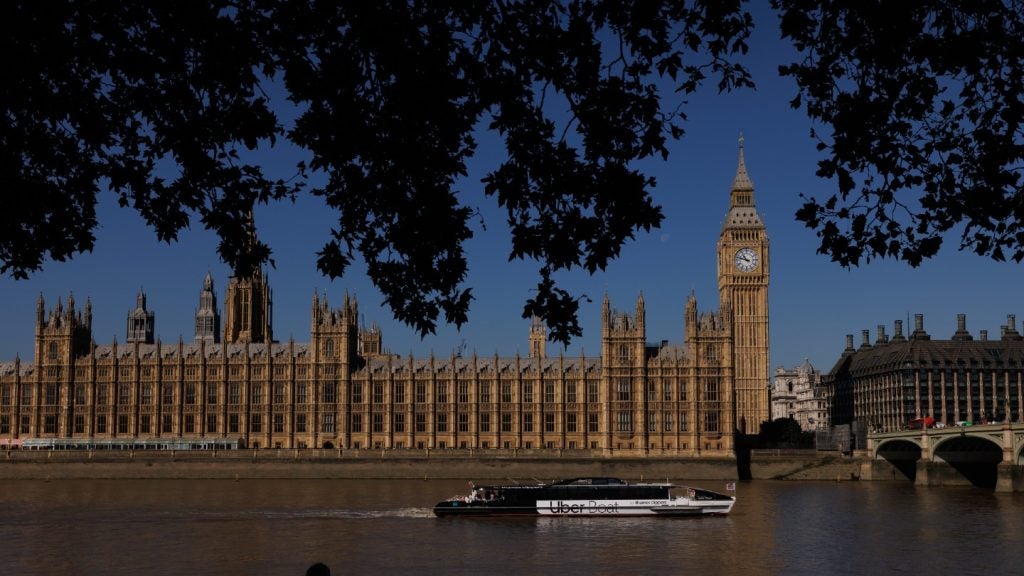In an era defined by rapid technological advancements, the travel sector finds itself at the forefront of a digital revolution. From the early days of travel agents and paper tickets to the mobile apps and virtual reality experiences of today, the industry has undergone a massive transformation.
We are now witnessing an unprecedented convergence of innovation and customer expectations, reshaping the way people travel.

It is no secret that the travel industry has had to navigate plenty of challenges over the last few years. However, as the dust starts to settle, digital transformation is taking flight in new and exciting ways.
As the travel industry bounces back, travellers are observing a dramatic change in the way brands interact with them.
Using technology to connect and retain
Chatbots are one digital platform that allows companies to provide personalised experiences and engage with customers around the clock. According to research, 62% of consumers would rather interact with a chatbot rather than wait for a human to respond to their questions.
By sorting through passenger questions and concerns more quickly, generative AI within chatbots enables airlines to expand their customer service capabilities during busy seasons, allowing people to handle more jobs requiring more of a human touch.
By incorporating both of these approaches, brands are able to offer the human empathy required to make each interaction meaningful.
Well-designed digital experiences will propel airlines to the top.
Well-designed digital experiences will propel airlines to the top in order to stay competitive and win over customers. As brands look to get the balance right, AI is being utilised to simplify processes and offer quicker and more efficient solutions.
It is evident that digital experiences are assisting airlines in attracting customers and increasing engagement. In fact, companies with a customer experience mindset drive revenue 4%-8% higher than the rest of their industries.
Customers want to make flight bookings, cancel them, and acquire information without having to spend a lot of time on the phone or lining up at a help desk. According to one study, customers are 115% more likely to refer an airline to others if their experience of booking is seamless.
Meeting customers where they’re at
Customers are increasingly looking to develop connections with the airlines they use. Brands can use first-party data to understand customers’ behaviours within their apps. These apps help provide a more individualised experience for the user.
The data collected can then be used to make recommendations such as purchasing tickets for specific locations, letting them know about special deals, or making targeted suggestions at particular times of the year.
With travellers connecting with airlines in a variety of ways, including social media, brands need to think about how they create a frictionless customer experience at every touchpoint, ensuring that these communication channels work together and interact with each other.
Today's travellers expect an outstanding experience at every touchpoint.
A traveller may reserve a seat via the web, use the airline's app to check in and keep their boarding pass in their travel wallet, and then interact with the brand via social media or chat. Customers can now choose the amount of human interaction they want.
With digital becoming increasingly important to customers, apps are currently the third most favoured method to book travel, with slightly over one billion travel app users in 2022, and 75% using a smartphone or website to book.
Today's travellers expect an outstanding experience at every touchpoint, integrated assistance options, as well as self-service technologies. They need a frictionless travel experience where all of their requirements can be satisfied at once, from ordering food and drinks to selecting a seat.
Airlines must empower travellers at every step of the customer journey and streamline their entire business operations. Through this, it will be possible to deliver dependable customer experiences and build enviable levels of engagement at every point of contact throughout the travel journey.


